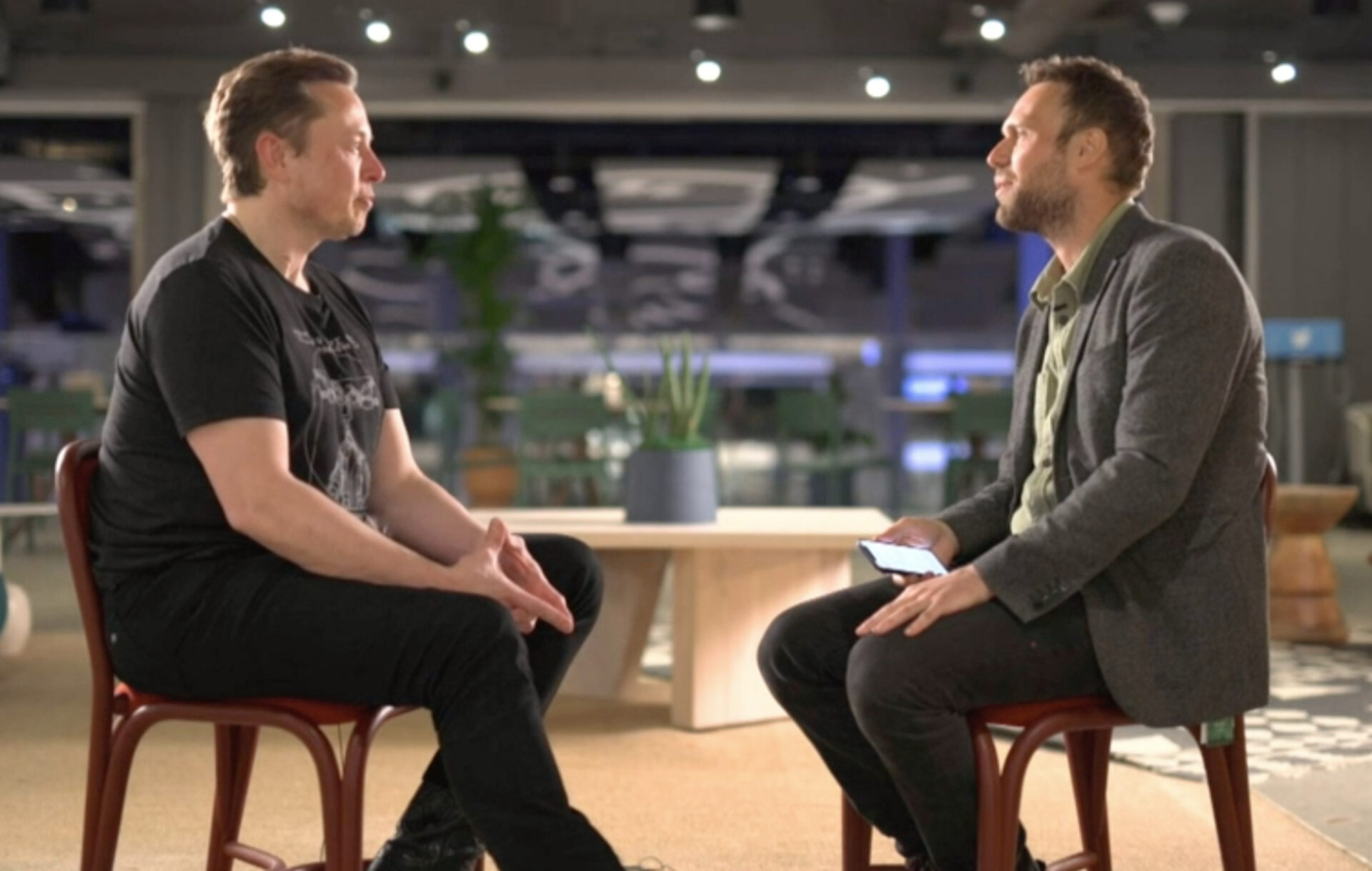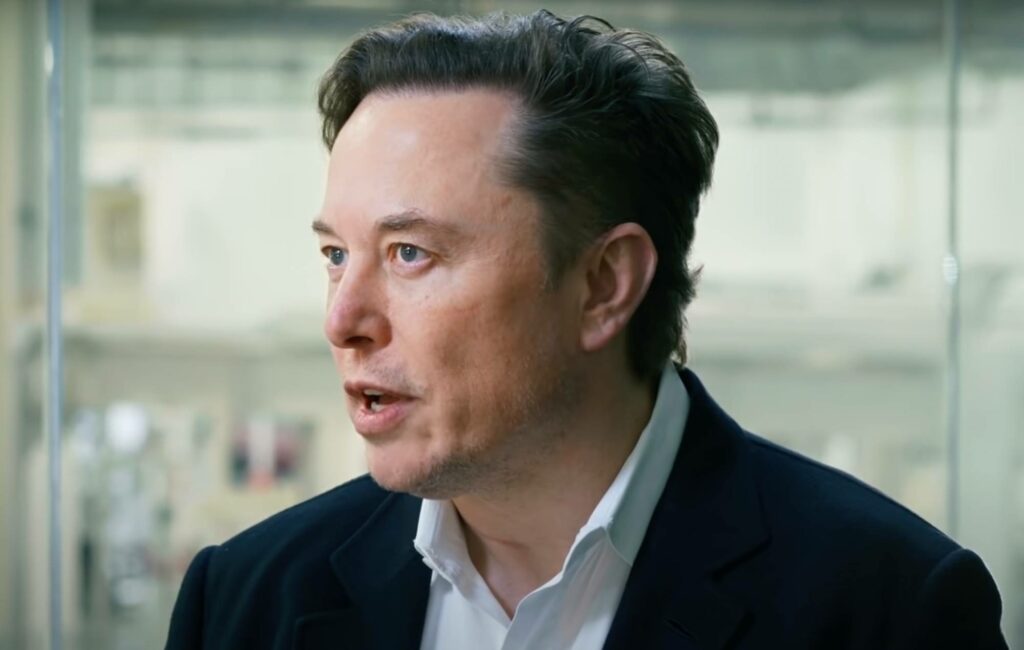Everything we learned from Elon Musk’s BBC interview
The Twitter owner discussed his acquisition of the platform last night (April 11)
By Joe Goggins

Elon Musk has conducted a wide-ranging live interview with the BBC, in which he discussed the personal toll of his ownership of Twitter, claimed that the site was roughly breaking even after an exodus of advertisers last year, and pledged to change the public broadcaster’s verified tag from its current designation of ‘government-funded media’.
In a discussion with BBC North America’s technology reporter, James Clayton, the Tesla tycoon claimed to have often slept in the office since taking control of Twitter in a $44 billion deal last October, said he was no longer the CEO of the company, and admitted that he did not conduct all of the company’s mass lay-offs in person. The interview, apparently arranged at the last minute, saw Musk on often combative form whilst also confessing to having been stung by personal criticism, saying he does not have a “stone-cold heart.”
Here’s five things we learned from the sit-down.
Musk’s Twitter experience has been “painful”
The world’s richest man talked about the personal cost of his $44 billion takeover, saying that the “pain level has been extremely high, this hasn’t been some kind of party”. He said that his professional life since buying Twitter has amounted to “really quite a stressful situation over the last several months”, but, pressed on whether he would make the decision to acquire the platform again given the chance, he claimed that he would, stating that in the current situation, things are going “reasonably well” and that “all’s well that ends well.”

He wanted to step away from buying Twitter – and only went through with it because he thought he had to
Musk said that, upon discovering the extent to which Twitter is populated by bots and trolls, he attempted to back away from a deal to buy the site, having already joined the board after building up a significant stake in the company. His fellow board members, though, took legal action to force through the deal, requiring Musk to sell Tesla stock and take out loans in order to fund the acquisition.
“He confessed today that the only reason he went through with buying Twitter was because he believed a judge would force him to go through with the transaction,” former Twitter executive Bruce Daisley told the BBC. “He’s never admitted that till now, so it was a very whimsical interview.”
He often sleeps in the office – and regrets some of his late-night tweets
In the interview, which was broadcast live on Twitter Spaces from the social media site’s headquarters, Musk claimed that there is a couch in a quiet part of the library “that nobody goes to” where he has often bedded down for the night since becoming Twitter’s owner. “Have I shot myself in the foot with tweets multiple times?” he said. “Yes. I think I should not tweet after 3am.”
Legacy blue ticks will disappear next week – but the BBC’s designation will be changed
Musk confirmed that blue-ticked accounts who do not subscribe to the premium Twitter Blue platform will lose their verified status by the end of next week. He also addressed last week’s strong rejection by the BBC of having been labelled “government-funded media; the corporation contacted Twitter to protest and asked for the designation to be changed “as soon as possible.”
“I know the BBC is generally not thrilled about being labelled state media,” said Musk, adding that the label would be changed to ‘publicly-funded’. “I actually do have a lot of respect for the BBC,” he continued, calling the interview an opportunity “to get some feedback on what we should be doing different”.
Staff numbers have been cut by well over half – but the company is now “roughly breaking even”
The businessman confirmed that he had cut the number of staff at Twitter from around 8000 to about 1500, and admitted that he had not conducted all dismissals personally, saying “It’s not possible to talk with that many people face to face.” He also said that Twitter is now “roughly breaking even” with many advertisers, he claimed, having returned, although analysts were sceptical.
“Musk is still trying to coax back advertisers and encourage companies to pay for verified blue ticks, while facing accusations that it has become more toxic, and a space where firms might not want to advertise their wares,” Susannah Streeter, head of money and markets at Hargreaves Lansdown, told the Evening Standard. “Musk says that they are returning, and the platform is now roughly breaking even, but given the Twitter purchase was such an expensive gamble, it’s clear his rollercoaster ride is still ongoing.’’
